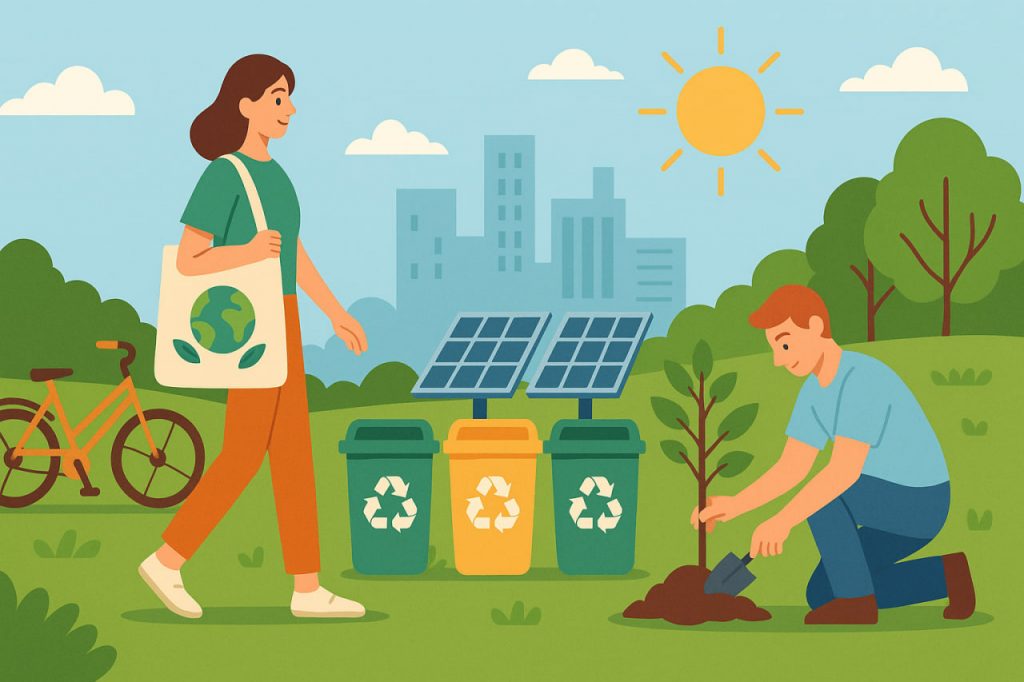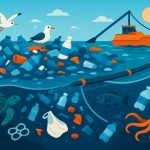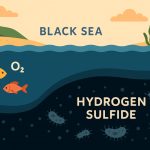The global environmental crisis often feels overwhelming, but real change begins with individual actions. Every person can contribute to protecting the planet by making thoughtful daily choices. Even small steps, when multiplied by millions of people, can reduce pollution, preserve resources, and protect ecosystems.
Reduce Plastic Use
Plastics are one of the biggest threats to nature. You can help by:
- Using reusable bags, bottles, and containers.
- Avoiding single-use plastics like straws and cutlery.
- Choosing products with minimal or eco-friendly packaging.
Save Energy
Reducing energy consumption helps cut greenhouse gas emissions.
- Turn off lights and devices when not in use.
- Use energy-efficient appliances and bulbs.
- Walk, cycle, or use public transport instead of cars when possible.
Conserve Water
Freshwater is a limited resource. You can save it by:
- Fixing leaking taps.
- Taking shorter showers.
- Using collected rainwater for gardening.
Eat Responsibly
Food production has a major environmental impact.
- Choose local and seasonal produce.
- Reduce food waste by planning meals.
- Eat more plant-based meals to lower your ecological footprint.
Support Nature and Recycling
- Sort waste for recycling.
- Plant a tree or even small plants on your balcony.
- Participate in local clean-up events or environmental organizations.
Spread Awareness
Your voice matters.
- Share knowledge about ecology with friends and family.
- Support eco-friendly businesses and initiatives.
- Encourage sustainable habits in your community.
Conclusion
Improving the planet’s ecology begins with simple, everyday actions. By reducing plastic use, saving energy and water, eating responsibly, and supporting recycling and nature, you make a direct contribution to a cleaner, healthier Earth. Today, thanks to the social networks, one person can do a lot to solve all global problems, but together, we surely can make this world a better place to live.
Glossary
- Ecological footprint – the impact a person has on the environment through resource use and waste.
- Single-use plastic – plastic products intended for one-time use before being thrown away.
- Recycling – reprocessing waste materials into new products.
- Sustainable – practices that do not harm the environment and can continue long-term.
- Greenhouse gases – gases like carbon dioxide that trap heat and cause global warming.


